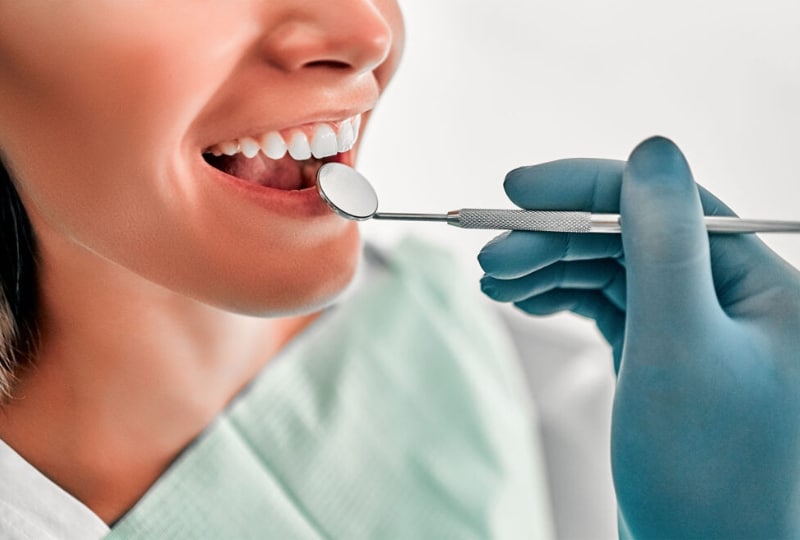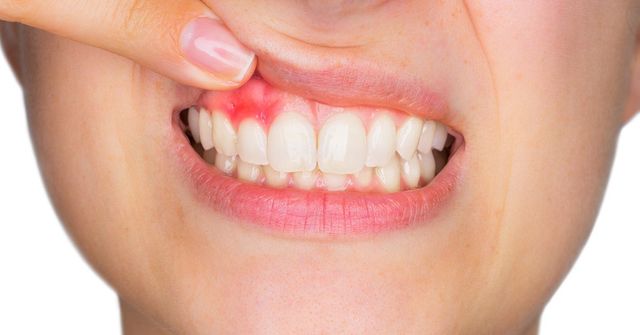Reverse gum disease by adopting a thorough oral hygiene regimen and seeking professional dental treatment. Gum disease, also known as periodontal disease, can be treated by brushing and flossing regularly, using antibacterial mouthwash, and visiting a dentist for deep cleaning and possible surgical intervention if necessary.
Additionally, quitting smoking, managing stress, and maintaining a healthy diet can also help reduce the risk of gum disease. Gum disease, also referred to as periodontal disease, is a common oral health condition that affects the gums and supporting structures of the teeth.
If left untreated, it can lead to serious dental issues such as tooth loss. However, there are effective ways to reverse gum disease and prevent further deterioration. This article will guide you through the essential steps to combat gum disease, including fundamental oral care practices, professional dental treatments, and lifestyle changes. By following these recommendations, you can improve your oral health, minimize the risk of gum disease, and maintain a beautiful smile.
Understanding Gum Disease
Understanding gum disease is crucial in order to know how to reverse it. Gum disease is caused by various factors, such as poor oral hygiene and plaque buildup. Symptoms of gum disease include swollen and bleeding gums, bad breath, and pain while chewing.
Certain factors can increase the risk of gum disease, such as smoking, hormonal changes, and certain medications. To effectively reverse gum disease, it is important to maintain proper oral hygiene practices, including regular brushing and flossing, along with professional dental cleanings.
A healthy diet and avoiding tobacco use also contribute to gum health. By understanding the causes, symptoms, and risk factors of gum disease, individuals can take proactive steps to prevent and reverse this common oral health issue.
How To Reverse Gum Disease Naturally
Proper oral hygiene practices play a crucial role in reversing gum disease naturally. Brushing and flossing daily help remove plaque and prevent further damage. Alongside this, maintaining a healthy diet rich in vitamins and minerals can improve gum health. Foods like oranges, broccoli, and spinach are great sources of vitamin C, which strengthens gums and fights gum disease.
Additionally, natural remedies can complement oral hygiene practices. Rinsing with a saltwater solution can reduce inflammation and kill bacteria. Tea tree oil, known for its antibacterial properties, can be applied topically to help treat gum disease. Aloe vera gel can soothe irritated gums and aid in healing.
By implementing these practices and incorporating natural remedies, gum disease can be effectively reversed, promoting optimum oral health.
Professional Treatments For Gum Disease
Professional treatments for gum disease can effectively reverse its progression. One common treatment is scaling and root planing, which involves deep cleaning of the teeth and gums to remove plaque and tartar buildup. Another option is gum surgery, which may be necessary for more severe cases.
After treatment, it is important to follow maintenance and prevention tips to keep gum disease at bay. Regular brushing and flossing, along with routine dental check-ups, are essential for oral health. Additionally, using an antibacterial mouthwash can help reduce bacteria in the mouth.
Avoiding smoking and eating a well-balanced diet can also contribute to gum health. By taking proper care of your teeth and gums, you can effectively reverse gum disease and maintain a healthy smile.

Credit: www.riverfamilydentist.com
Conclusion
To effectively reverse gum disease, it is essential to adopt a comprehensive oral hygiene routine. Consistent brushing with a fluoridated toothpaste, flossing daily, and using an antibacterial mouthwash can significantly improve gum health. Regular dental check-ups are equally crucial, as they allow for early identification and timely treatment of any gum disease symptoms.
Incorporating a balanced diet with plenty of fruits and vegetables, while reducing sugar intake, can support overall gum health. Additionally, lifestyle changes such as quitting smoking and managing stress can contribute to gum disease reversal. It is important to note that everyone’s experience with gum disease may vary, so consulting with a dental professional is always advised.
By following these practical steps and maintaining good oral hygiene, you can proactively take control of gum disease and regain a healthy and confident smile.






